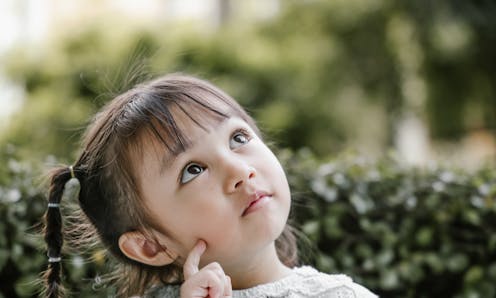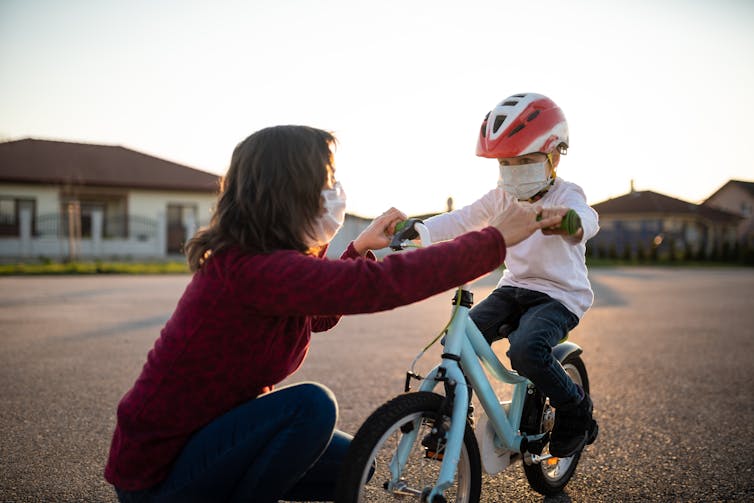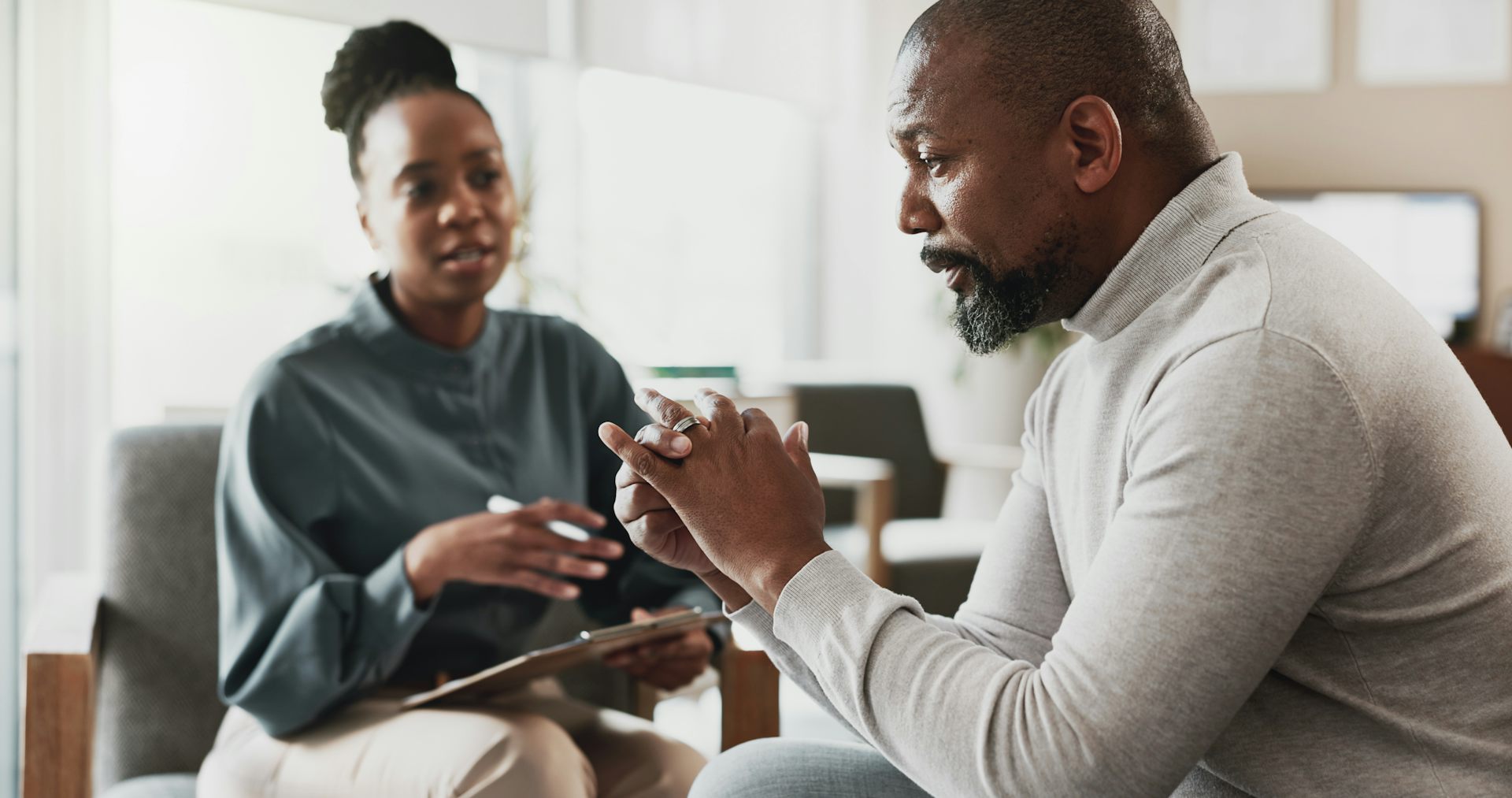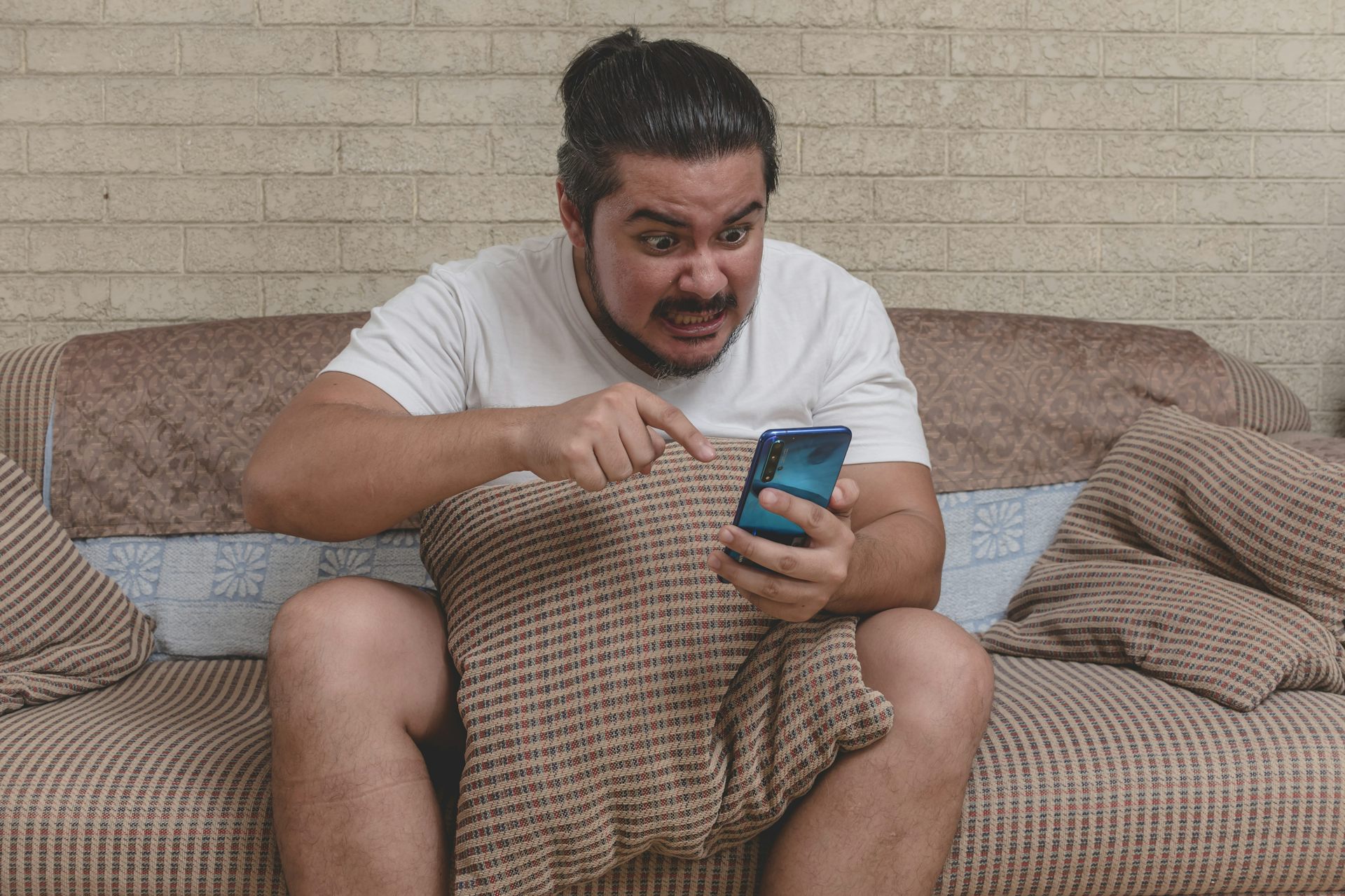Why are kids asking such big questions during the pandemic?
Children are always brimming with curiosity about things that most adults take for granted.

Why do people have to die?
Are mistakes always bad?
Can you be happy and sad at the same time?
Kids often ask questions like these that are hard if not impossible to answer. When children raise uncomfortable questions or questions that seem to have no answers, adults tend to respond with explanations that try to resolve the issue, at least temporarily.
It’s natural to attempt to comfort a kid who is feeling bewildered by the world.
But simple explanations may not be what the child needs or wants, especially as the coronavirus pandemic upends everyday life. Sometimes, kids simply want to talk about their questions and thoughts.

Listening
I’m a philosopher and educator who has been listening to children and talking with them about their big philosophical questions for the past 25 years. I encourage all young people to think for themselves about issues that matter to them because it’s important for them to learn how to analyze and understand their own experiences.
Most kids start wondering about big questions almost as soon as they learn to speak, and they continue to think about them throughout childhood.
Brimming with curiosity about things that most adults take for granted, children all over the world are wide open to the mysteries that pervade human life. Research shows, though, that as they get older, kids ask questions less and less.
Children often tell me that they lie awake at night thinking about things like whether God exists, why the world has the colors it does, the nature of time and whether dreams are real. These are not the kinds of questions that can be answered by Googling them or asking Siri or Alexa. They are age-old questions that everyone can wonder about during any stage of life.
Sometimes the questions are more important than finding the answers.
Wondering aloud

The pandemic has led more kids to ask about such topics as loneliness, isolation, boredom, illness and death. When the Seattle schools closed this spring, I began continuing the philosophy sessions I lead in elementary school classrooms on Zoom, with small groups of children with whom I’ve been working this year.
In a recent Zoom conversation with six 9-year-old students, we reflected about the difficulties of life during the pandemic. We discussed how being deprived of things can make you appreciate them in new ways.
“I like to be alone, but it’s different when you have to be alone. It makes me really appreciate my friends,” said a girl I’ll call “Hannah.”
Then, “Max” said that he never thought he liked school but being at home this spring has led him to think differently about what school means to him. We wondered whether we always value things more when we are without them, and why that seems true.
No final answers
While children do need adult help and guidance, parents don’t always have to be in the position of the expert providing the answers. Thinking with children about their bigger questions can make way for a more mutual kind of interaction.
Because these kinds of questions tend not to have settled and final answers, discussions about them allow parents – and other guardians – and children to wonder together. In this way, adults feel less pressure to be the experts.
Listen when kids ask these thought-provoking questions, acknowledge how hard it is to answer them and respond with an open mind.
Budding philosophers
In some ways, kids are the ideal beginning philosophers.
Most of them have few long-held assumptions about how the world works and they are open to many possibilities because the world is so new to them. In discussions about bigger questions, kids often suggest original and creative ways of looking at them.
Talking with kids about what they are thinking without always feeling compelled to offer answers can help them explore their own concerns and ideas. Especially now, as families are quarantined together in a time of great uncertainty, these conversations have the potential to allow parents and children to communicate more deeply and authentically.
[Get facts about coronavirus and the latest research. Sign up for The Conversation’s newsletter.]
Jana Mohr Lone is the founding President and member of the Executive Committee of PLATO (Philosophy Learning and Teaching Organization), a nonprofit promoting philosophical inquiry for children.
Read These Next
GLP-1 drugs may fight addiction across every major substance, according to a study of 600,000 people
GLP-1 drugs are the first medication to show promise for treating addiction to a wide range of substances.
Trauma patients recover faster when medical teams know each other well, new study finds
A new study from a Pittsburgh hospital finds that trauma patients recover faster when emergency medical…
Public defender shortage is leading to hundreds of criminal cases being dismissed
There are never enough lawyers to provide indigent defense, but the situation has gotten worse since…






